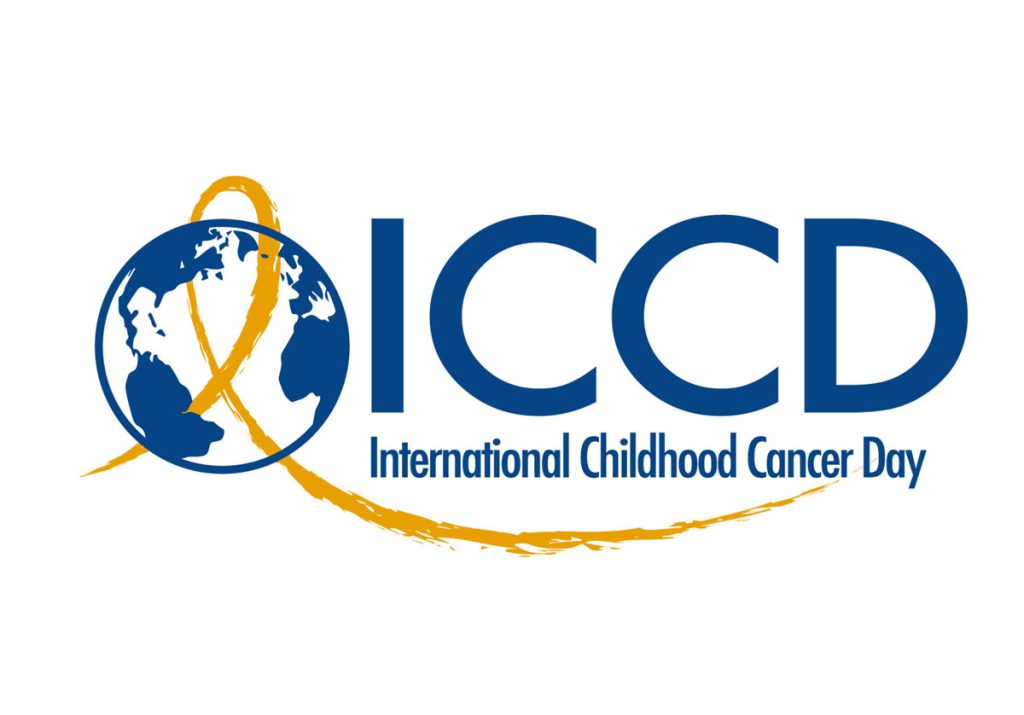A health ministry official has revealed that children account for 7.2% of Nigeria’s 127,000 annual cancer cases. This was disclosed by Dr. Uchechukwu Nwokwu, National Coordinator of the National Cancer Control Programme at the Federal Ministry of Health and Social Welfare.
Speaking on the sidelines of a public awareness event marking the 2025 International Childhood Cancer Day (ICCD), organised by the Akanimo Cancer Foundation in Abuja, Nwokwu highlighted the growing concern over childhood cancer in Nigeria.
ICCD is observed globally on February 15 to raise awareness and mobilize support for children and adolescents affected by cancer, as well as survivors and their families.
“Data is still being collated; however, the current figures indicate that Nigeria records 127,000 cancer cases annually, with children accounting for 7.2%,” he said.
According to Nwokwu, childhood cancer survival rates could reach 80% with early diagnosis, proper treatment, and the body’s ability to respond well to medication.
“The most common cancers among children are leukemias. While adults can also have leukemias, they rank as the fourth most common cancer in adults,” he explained.

He further noted that children generally have higher survival rates than adults due to their stronger physiological responses.
Nwokwu also revealed that efforts are underway to include childhood cancer in Nigeria’s Cancer Health Fund, an initiative designed to provide financial support for cancer treatment. This inclusion would enable children to access necessary treatment through government-backed financial assistance.
Dr. Idorenyin Usoh, Abuja Coordinator of the Akanimo Cancer Foundation, stressed the need for increased awareness and stronger government intervention in tackling childhood cancer. She pointed out that many medical practitioners and parents do not initially suspect cancer in children, leading to frequent misdiagnoses and delayed treatment.
Mrs. Idara Ekanem, Founder and Executive Director of the Akanimo Cancer Foundation, shared how she established the organization after losing her son, Akanimo, to cancer. Ekanem noted that the foundation also funds research into better treatments and works to increase awareness of childhood cancer across Nigeria.
Ekanem highlighted the financial challenges of cancer treatment, emphasizing that many families cannot afford even basic diagnostic tests.
The foundation covers all treatment-related costs, including chemotherapy, surgery, radiotherapy, and medications, to give affected children a fighting chance.
Meanwhile, residents of the Federal Capital Territory (FCT) have commended the foundation for its efforts in raising awareness about childhood cancer, a condition that has historically received less attention than other forms of cancer.


